We are always happy to welcome new members to the chapter. If you're interested in joining us, the first step is to become a SIAM member (see below). General members have no responsibilities, but if you are interested in taking a more active part in the chapter then please get in touch with one of the committee members. We're very open to any suggestions, and encourage new members to get involved!
Joining SIAM gives you exclusive access to SIAM journals, specialised SIAM activity groups and funding opportunities for conferences across the world. To join, click here and make sure you select the Heriot-Watt University & University of Edinburgh Student Chapter! Once you have registered please send us an email at siam-ima@maths.ed.ac.uk to get involved locally.
Joining the IMA gives you exclusive professional opportunities within the mathematical community in the UK including access to specialised and professional talks as well as networking events. Students are entitled to a reduced £10 fee per year. Subscription grants an exclusive free subscription to the magazine Mathematics Today. To join, click here!
Please do not hesitate to get in touch with us at siam-ima@maths.ed.ac.uk if you have any questions, comments or suggestions. Our committee members would also be happy to receive your email personally, or have a chat at one of our events.
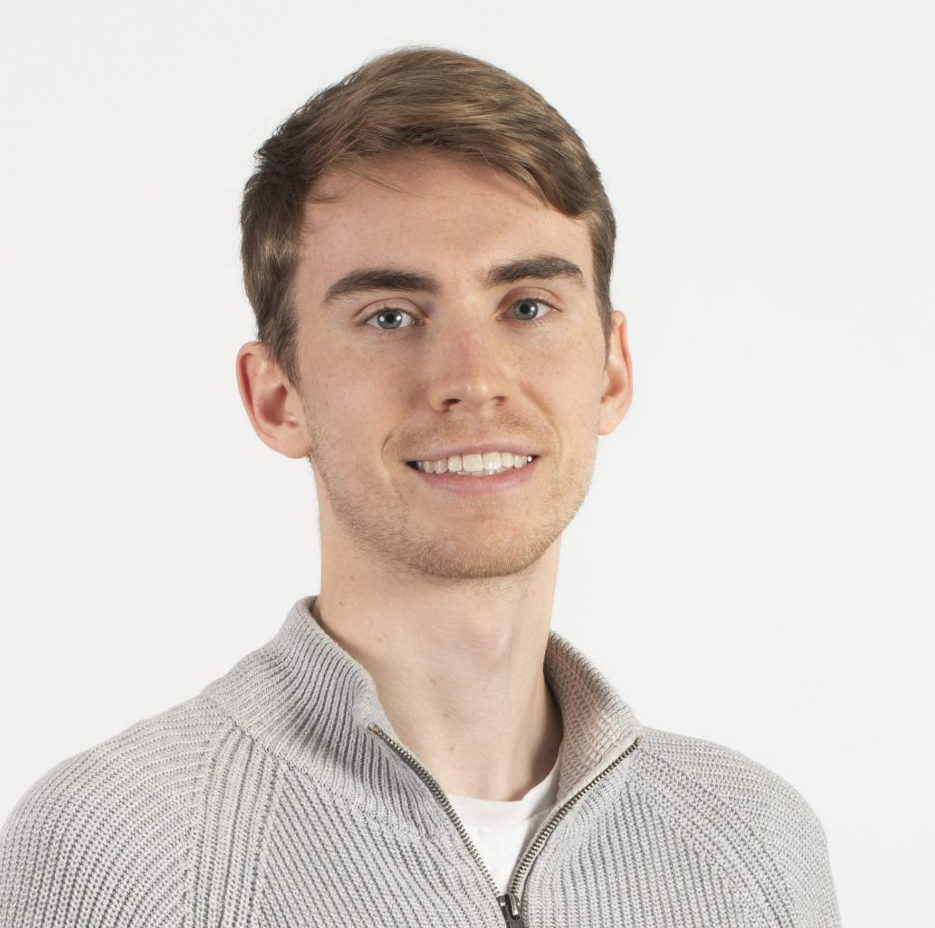
E.J.Addy@sms.ed.ac.uk
President
My PhD in partnership with BioSS is based around the History Matching algorithm; a Bayesian treatment of inverse problems that exploits Gaussian process emulation. In particular, I am interested in developing and analysing algorithms for high-dimensional problems, where typical methods like MCMC quickly become impractical.

kaitlyn.louth@ed.ac.uk
Committee Member
My research is looking at Bayesian Statistics and Statistical Machine Learning for Critical Illness Morbidity Risk Prediction. In particular, using Bayesian hierarchical modelling in a neural network setting to identify changes in morbidity rates for different diseases over time, including regional or socioeconomic differences, and characterising rates for specific cancers and conditions such as heart attacks and strokes. The plan is to assess the robustness of the developed predictive models under a set of criteria designed to optimise the interpretability, predictive quality, and uncertainty quantification.
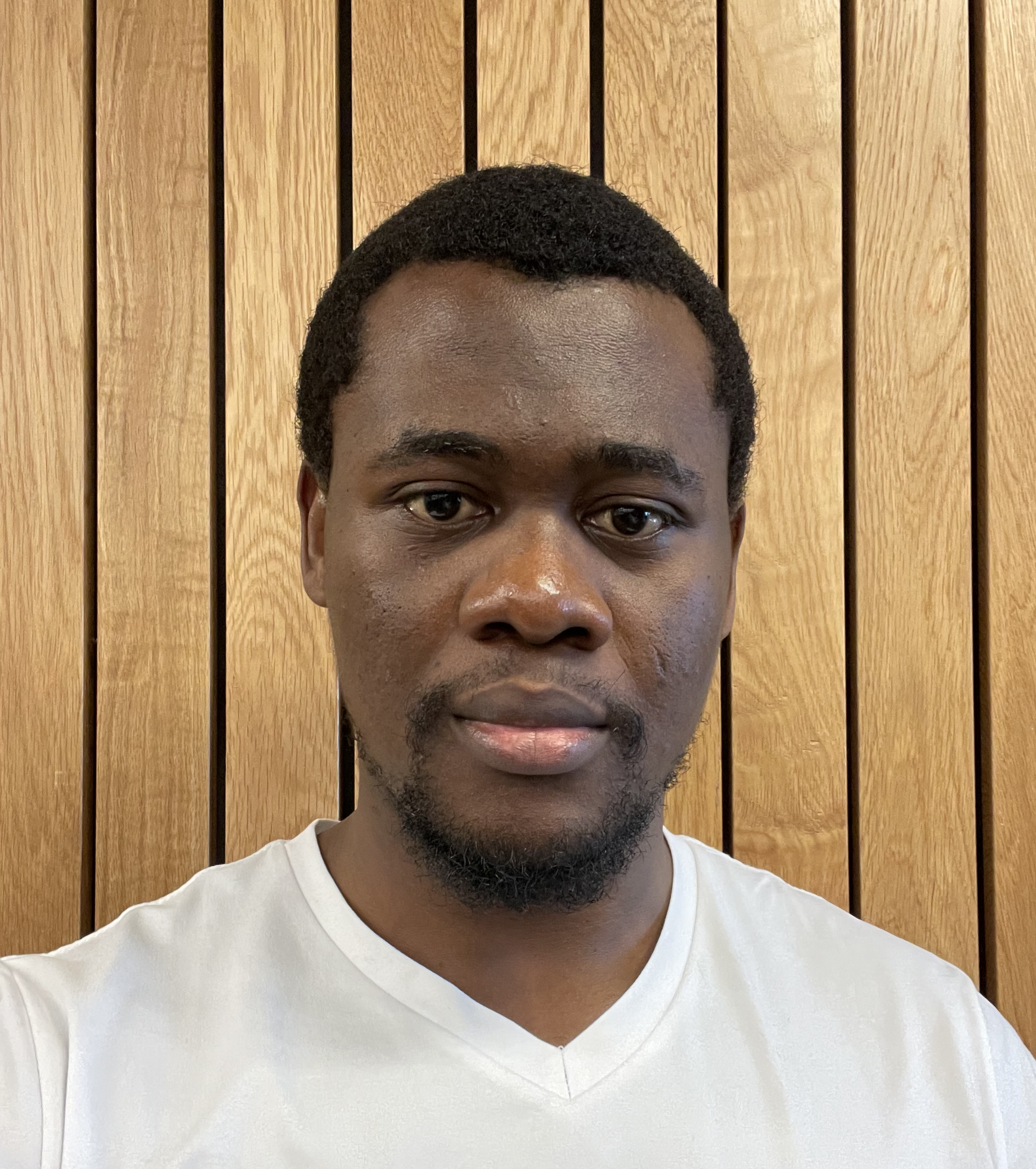
I.J.Demano@sms.ed.ac.uk
Committee Member
My research is centre on the study of Piecewise Deterministic Markov Processes (PDMP) and their application in sampling from a given distribution. The inherent irreversibility of PDMPs provides an advantage over reversible samplers like diffusion processes, leading to the development of efficient algorithms. This has practical applications in Bayesian Statistics for sampling from posterior distributions and its particularly useful in handling large datasets within the context of Big Data.
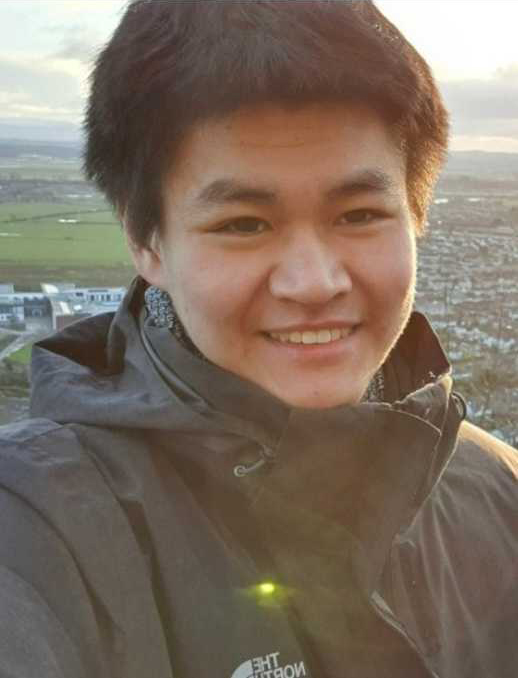
yr2001@hw.ac.uk
Committee Member
My research is motivated by the ways insurance claims are estimated. Suppose claims amounts are independently distributed and follow a Pareto distribution, with the total number of claims following a Poisson distribution. Then the total claim amount is a compound distribution and can be easily estimated. I aim to explore the case where we remove the assumption of independence by the way of copulas and other computational methods for claims estimation.
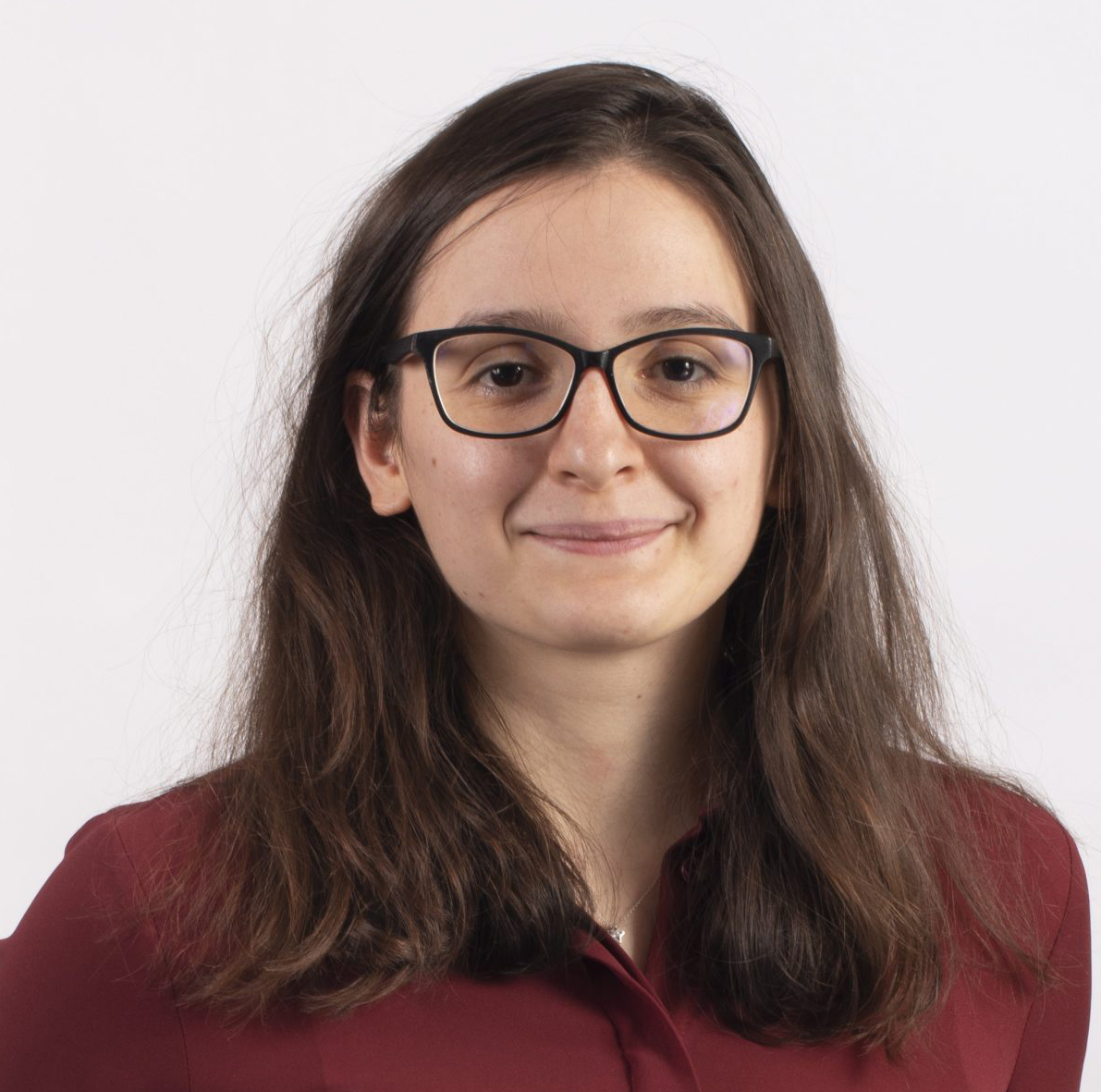
A.Istratuca@sms.ed.ac.uk
Vice President
My research focuses on Multilevel Monte Carlo Methods for Uncertainty Quantification. Specifically, I work on PDEs with random coefficients, where we aim to quantify how the uncertainty in the input propagates through the model and affects the output. This problem arises in modelling groundwater pollution, which can happen either through accidental spills or leakages from underground carbon storage or nuclear fuel repositories.

yr2001@hw.ac.uk
Secretary
My research is motivated by the ways insurance claims are estimated. Suppose claims amounts are independently distributed and follow a Pareto distribution, with the total number of claims following a Poisson distribution. Then the total claim amount is a compound distribution and can be easily estimated. I aim to explore the case where we remove the assumption of independence by the way of copulas and other computational methods for claims estimation.
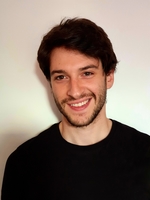
p.kaklamanos@sms.ed.ac.uk
President
My research focuses on the theory and applications of dynamical systems that feature multiple timescales, such as the Koper model from chemical kinetics and the Hodgkin-Huxley equations from mathematical neuroscience. In parallel, I also look into the existence and stability of travelling waves in reaction-diffusion equations with cut-off functions.

dt45@hw.ac.uk
Committee Member
My mathematical research is motivated by the need to handle energetic materials (materials with large stores of chemical energy) with care. I develop models to describe a sample's thermo-mechanical response to a given low-energy mechanical insult, focusing on the physics underlying the material's behaviour, so as to inform safety principles. When analysing the models, I tend to opt for pen-and-paper techniques, such as matched asymptotics and PDE methods.
Lukas Eigentler
(President) •
Tiffany
Vlaar (Vice-President)
Daniella Ayala Garcia (President) • Mark Ashworth (Vice-President) • Gissell Estrada-Rodriguez (Secretary)
Conor Osborne •
Bernhard Heinzelreiter •
Elliot Addy •
David Varro •
Yiran Zhu •
Joshua Fogg •
Karolína Benková •
Teresa Klatzer •
Monse Guedes Ayala •
Kaitlyn Louth •
Matthew McCormack •
Peiqi Li •
Nina Fischer